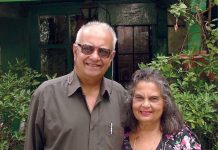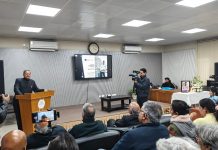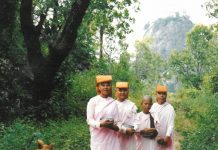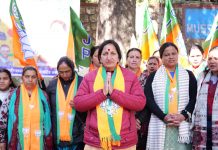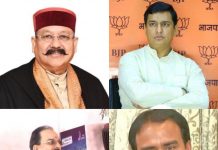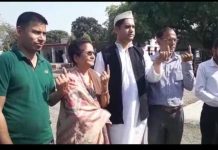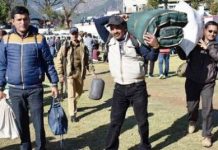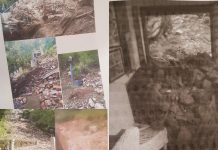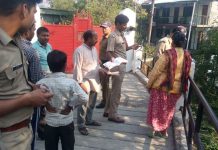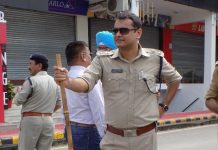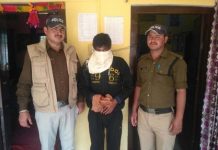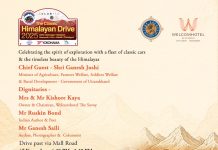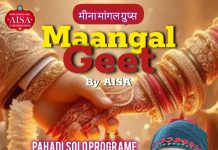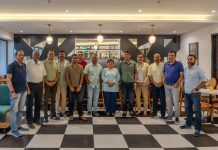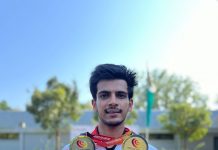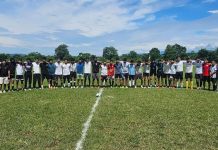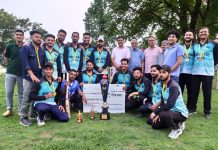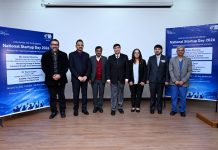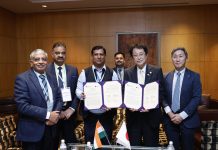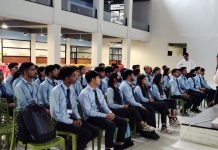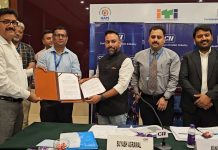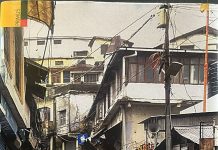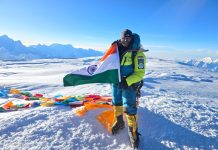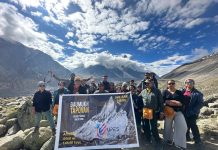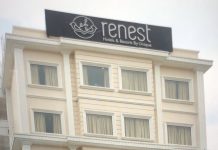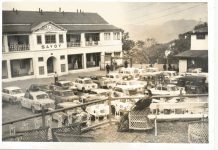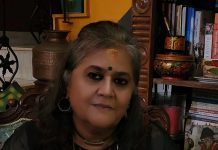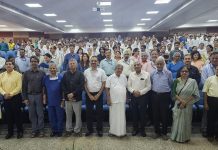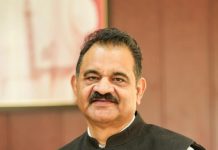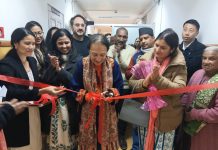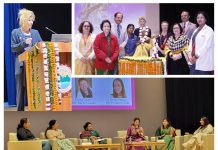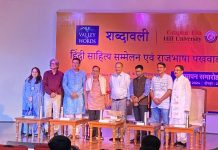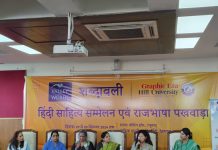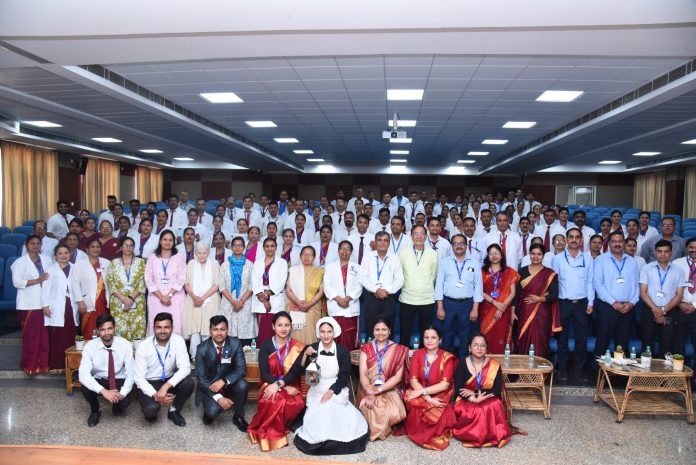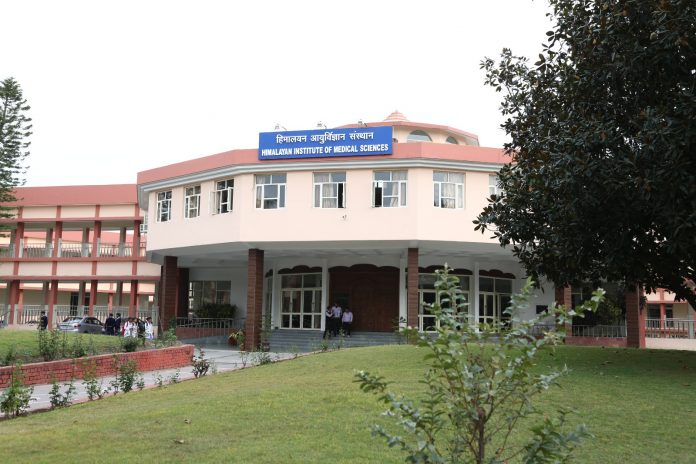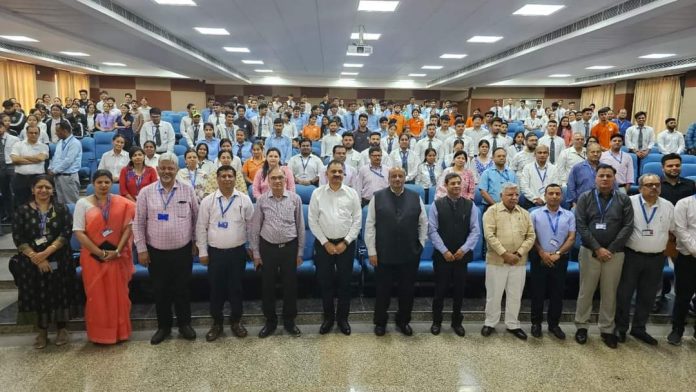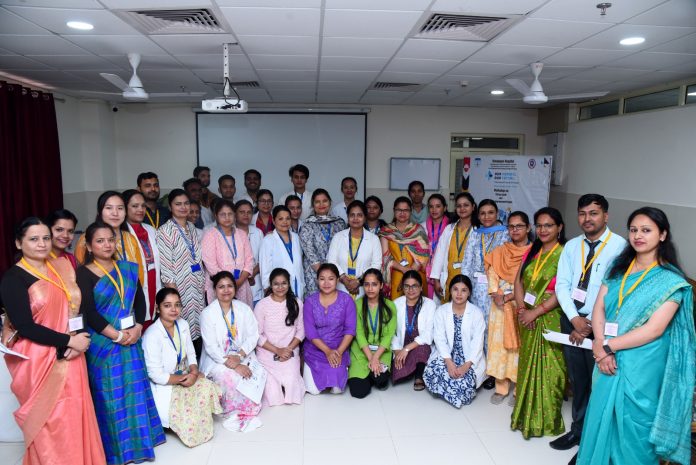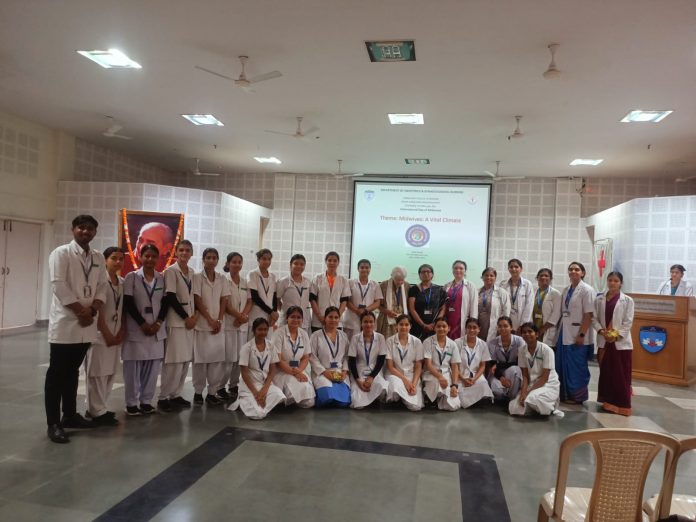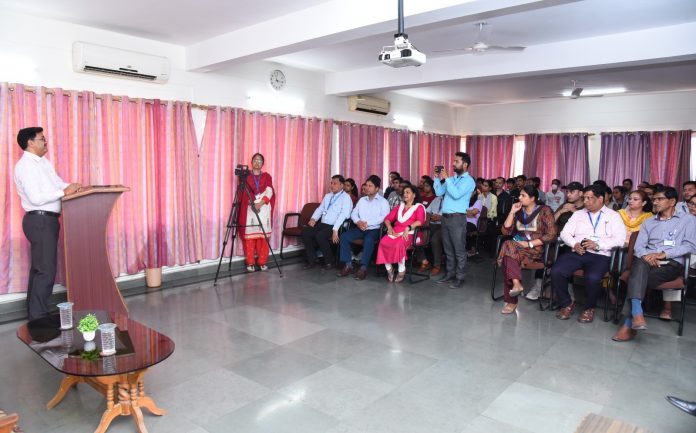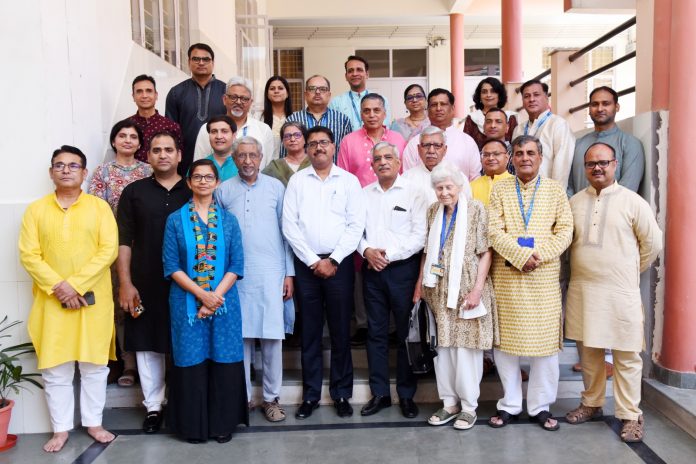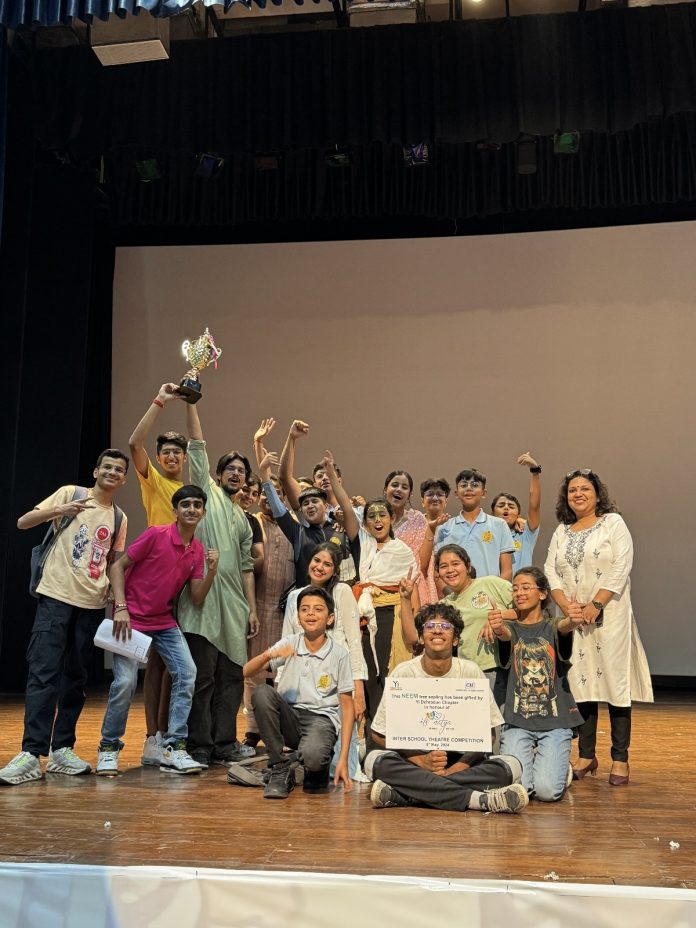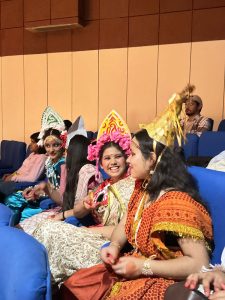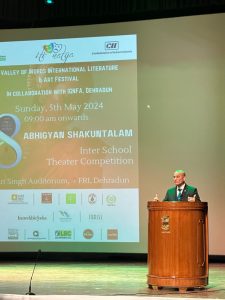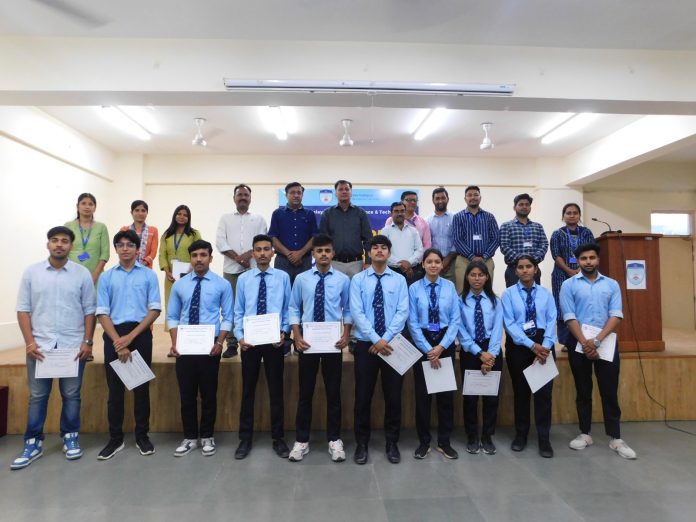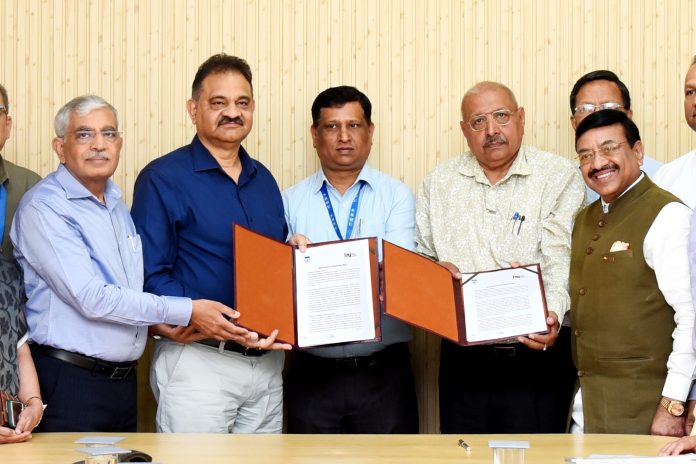Dateline Dehradun: Various competitions organized at Himalayan College of Nursing and Himalayan Hospital Jollygrant and experts highlight the significance of the day for human health
At the Himalayan College of Nursing and Himalayan Hospital Jollygrant, various programs were organized on the occasion of International Nurses Day. The kindness and professionalism of nurses make the world a better place, it was pointed out. Experts discussed the challenges in nursing services and measures to improve them. Dr. Vijay Dhasmana, President of Swami Rama Himalayan University (SRHU), stated that Nurses Day is a day to honor the contribution of nurses as miracle workers.
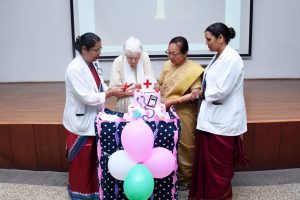
The theme for this year’s Nurses Day is ‘Our Nurses. Our Future. The economic power of care.’ This theme has been chosen by ICN for International Nurses Day 2024 in recognition of the fact that healthy humans make a nation prosperous in countless ways, especially economically. Nursing is the bedrock of healthcare, although it is frequently undervalued by society and faced with financial challenges. But today it can be observed that the demand for nurses is huge and they are valued for their service and highly paid world over.
Various activities were held at Himalayan Hospital Jollygrant throughout the week on the occasion of Nurses Day, including quizzes, dances, speech competitions, and a cake-cutting ceremony.
Dr. Hemchandra Pandey, Director (Hospital Service), honored the chief guest Sister Pushpa Maya Rai with a memento.
Dr. Kathy, a nursing advisor, mentioned that nursing is like a mirror through which people can clearly observe patient love and care.
On this occasion, the Nursing Superintendent Reena Habil and Deputy Nursing Superintendent Jaibunisha administered an oath to all nursing staff for serving humanity. Dr. Ashok Deorari, Dr. Hemchandra Pandey, Sadhana Mishra, and others were present on the occasion. Solomon Thapliyal, Kavita Naudiyal, Mahesh Saklani, Kajol Arora, and others contributed to the success of the event.
At the program held at Himalayan College of Nursing, Principal Dr. Sanchita Pugazandi mentioned that this day is celebrated in memory of Florence Nightingale who had pledged her life to the service of mankind.
On this occasion 10 nurses were honored with the Clinical Excellence Award including Anuranjita Sharma, Deepika Pundir, Vidya Devi, Meenakshi Mamgain, Rajni, Prashant Shival, Ghanshyam Singh, Abdul Kalam, Rachel Shalini.

